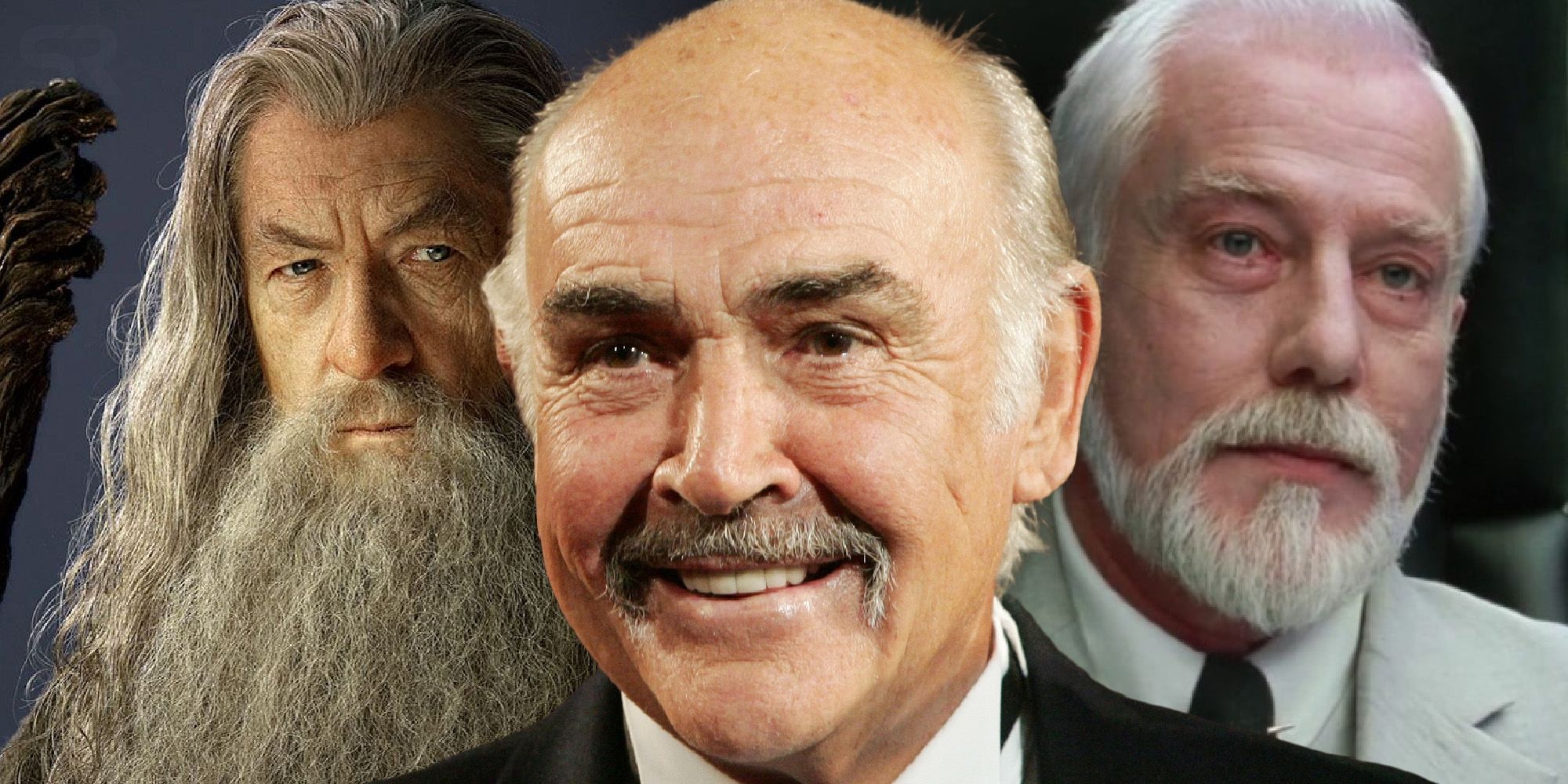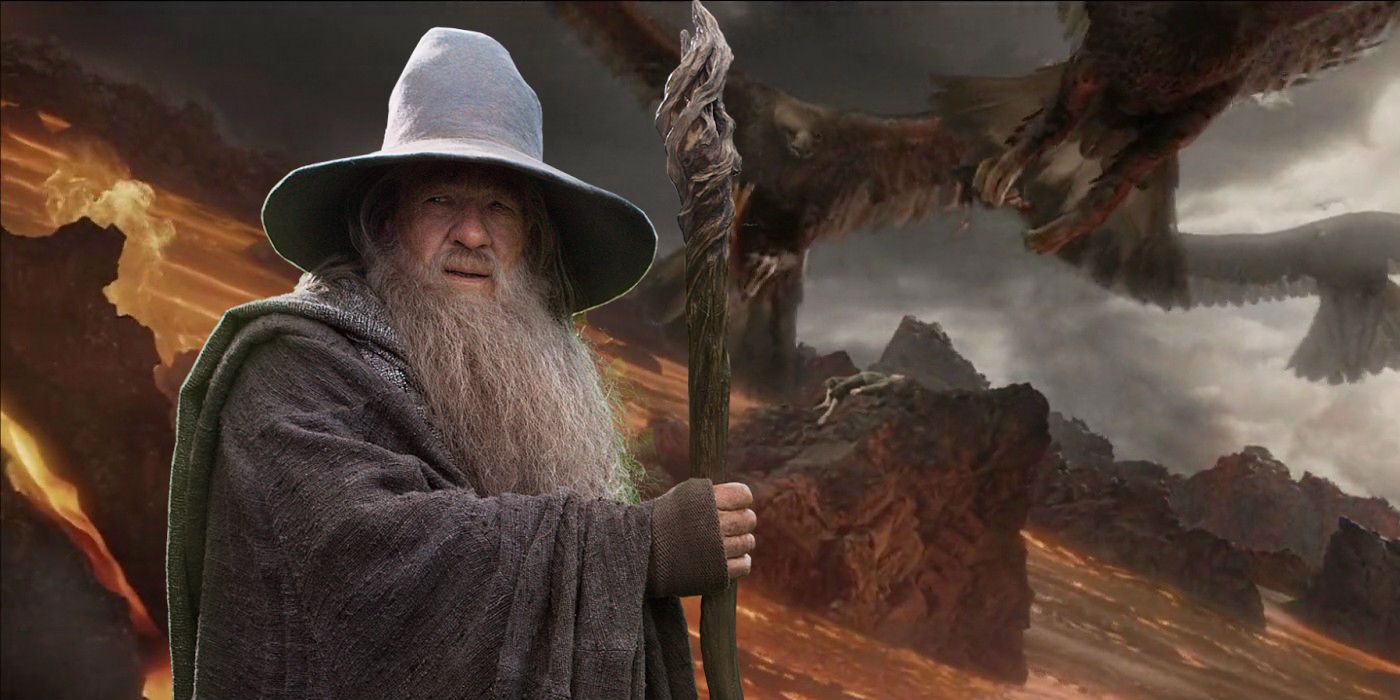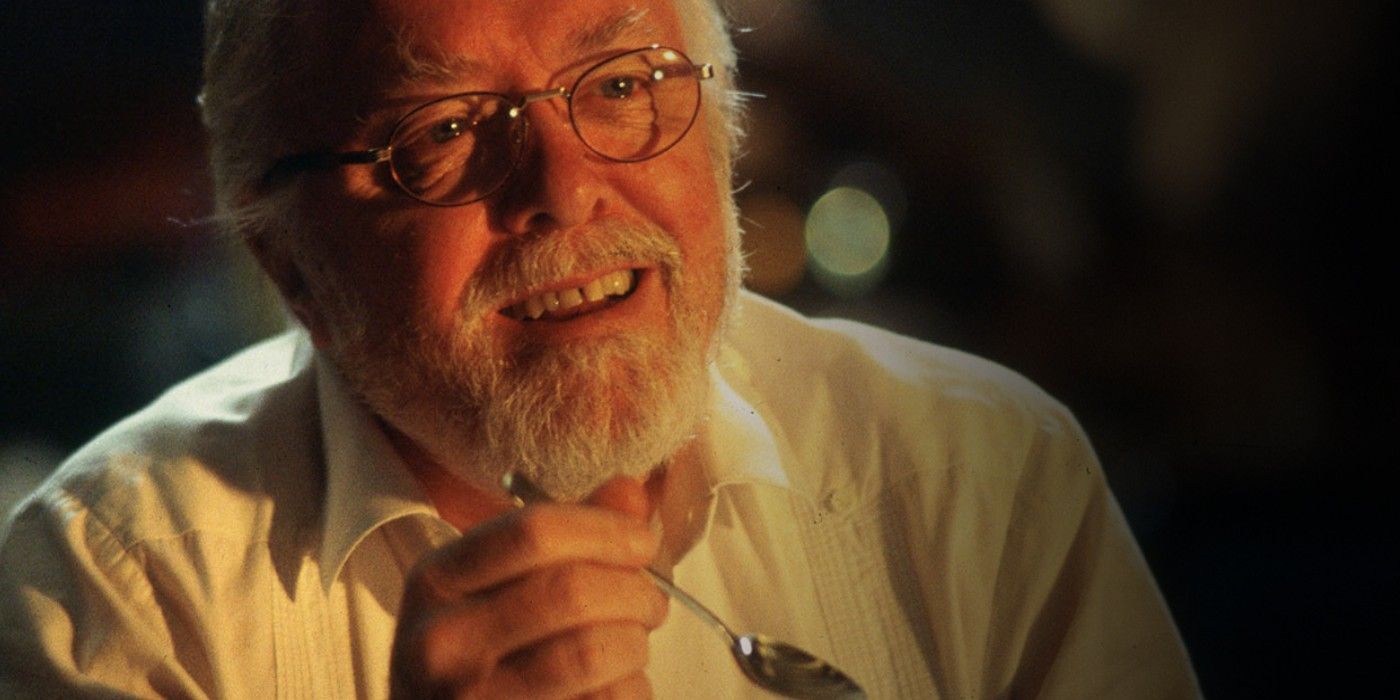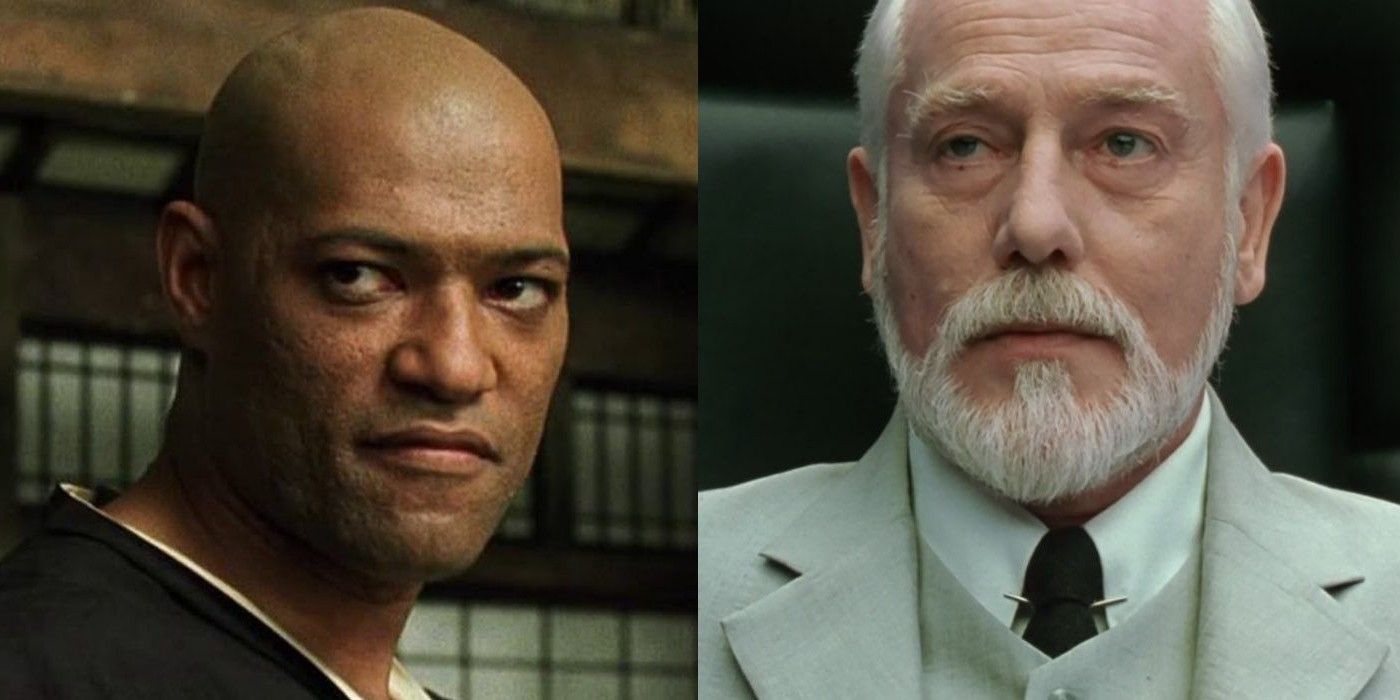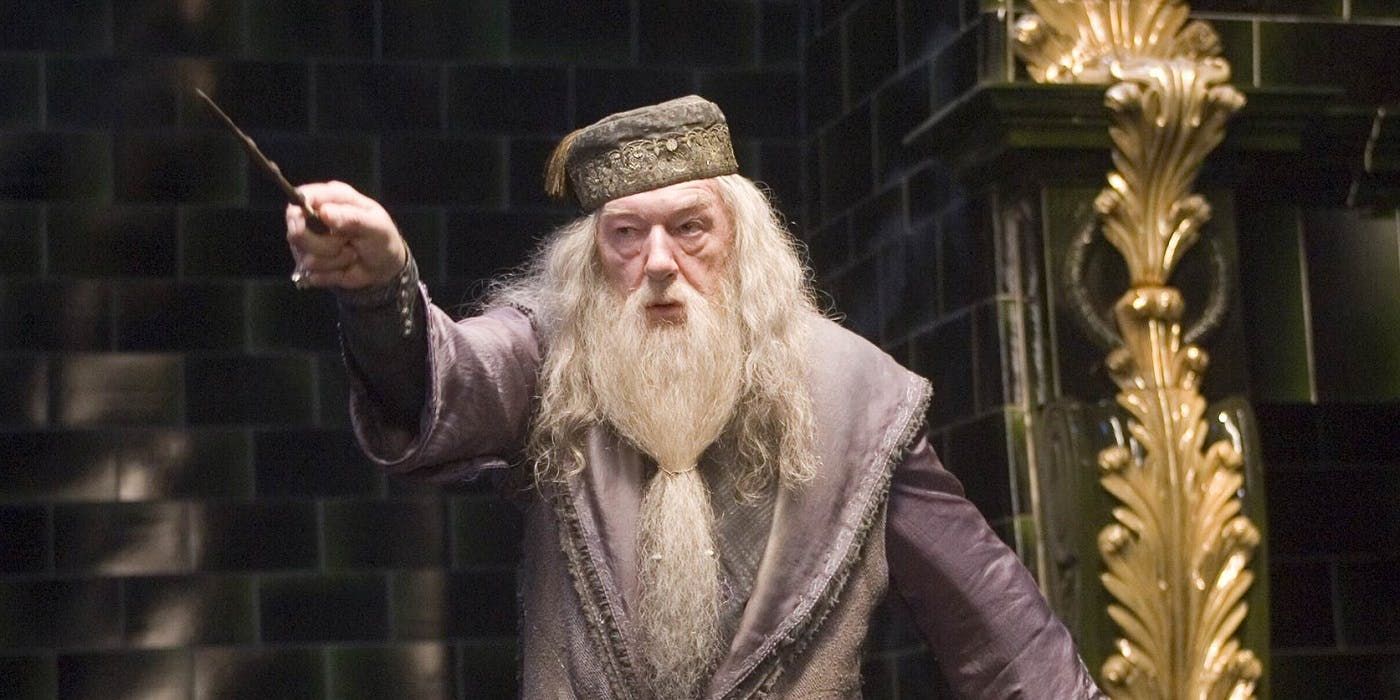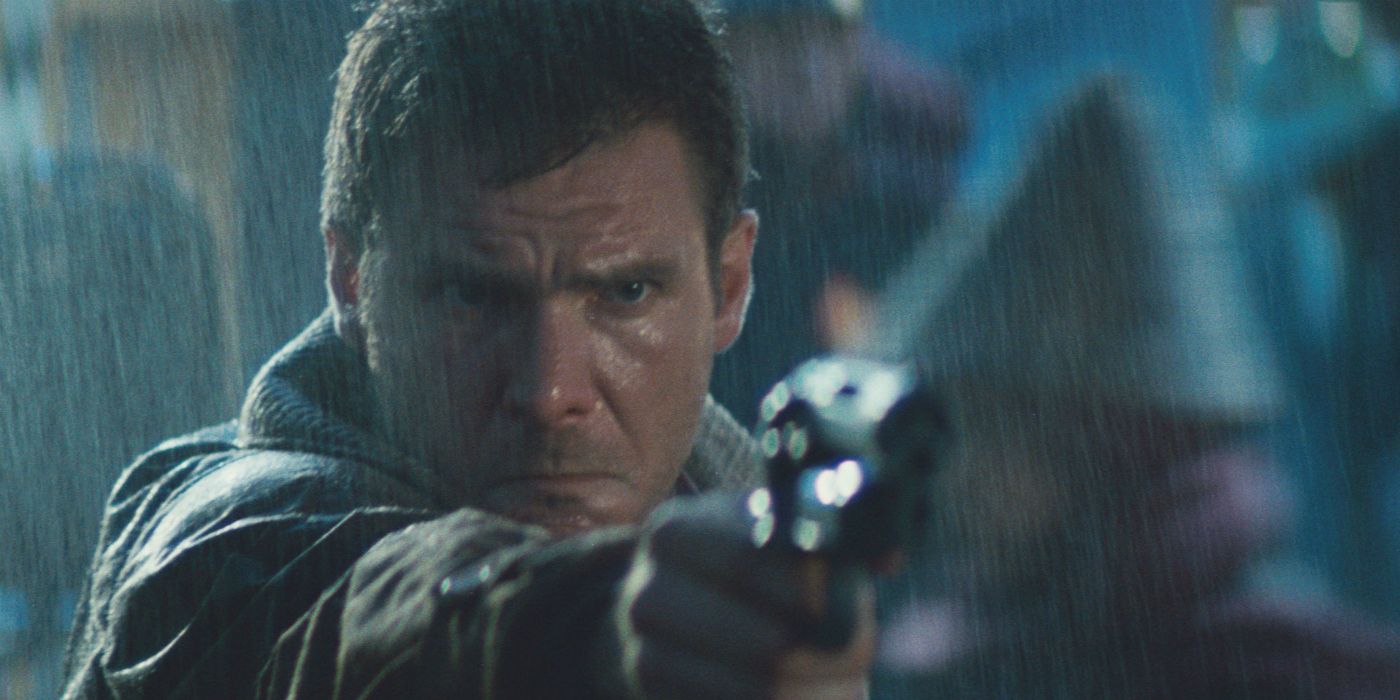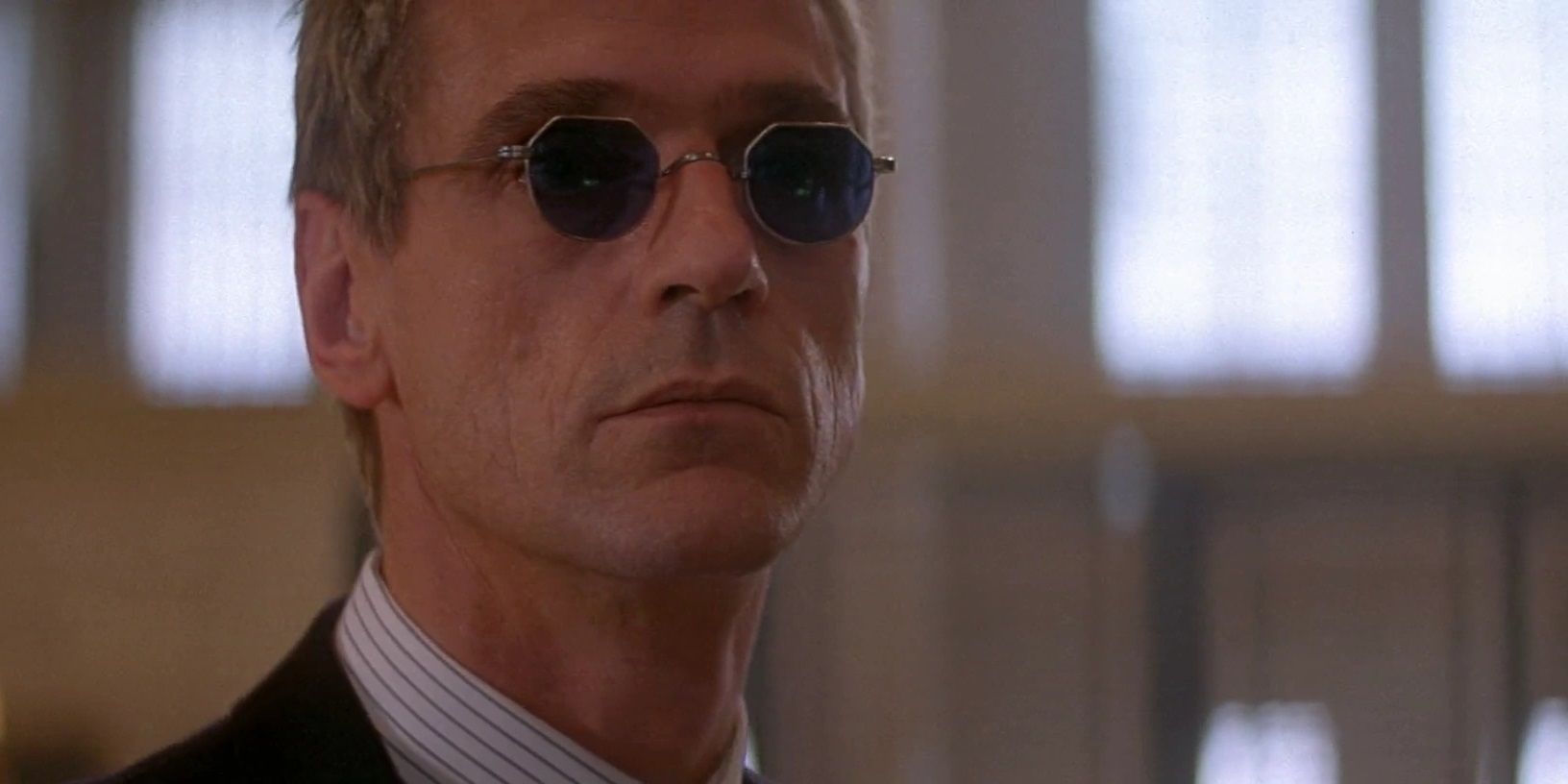Though Sir Sean Connery, who sadly died recently, may be most well-known for his iconic take on James Bond, the legendary actor's illustrious career was also defined by near-miss opportunities to play other huge characters. On top of playing the father of Indiana Jones, John Mason from The Rock and King Arthur, among many others, Connery also turned down some well-known smaller roles. He could have been Nigel Powers in Austin Powers in Goldmember, Tarzan in Tarzan the Magnificent, and Alan Trustman in the original The Thomas Crown Affair. And that's not the end of his career close-calls.
In 1962, Connery burst into the limelight with Dr. No, the first entry in Connery's highly successful portrayal of James Bond, Ian Fleming's fictional British spy. The Bond role propelled him through the 1960s and stalled in 1971, with Diamonds Are Forever. Connery returned briefly in 1983 for Never Say Never Again - a Thunderball remake. Connery took key roles throughout the 1980s and 1990s in films like Indiana Jones and the Last Crusade, The Hunt for the Red October, The Rock, Dragonheart, and Entrapment. After 2003's The League of Extraordinary Gentlemen, however, Sir Sean largely withdrew from acting - a surprising turn, considering that he was still considered an in-demand actor.
Interviews with Connery and those close to him seem to suggest that the actor simply didn't feel the need to take additional roles. Although he was offered major roles in films like Lord of the Rings, The Matrix, and Jurassic Park, Connery often rejected these due to lack of faith in the film's script, misgivings about the film's tone, or dissatisfaction with the proposed pay. All told, evidence seems to suggest that Connery was content with his definitive James Bond as well as his overall career when he withdrew from the limelight. Here's a rundown of some of the major Hollywood roles that Connery turned down, along with why he might've said no.
Gandalf in Lord of the Rings
In another universe, Sir Sean Connery might have donned a wizard's hat and taken Ian McKellen's most iconic role from 2001's The Lord of the Rings: The Fellowship of the Ring. A 2012 report claims Connery missed out on roughly $450 million, including a sizeable stake in the franchise's box-office draw when he passed on playing Gandalf, the wise wizard who helps hobbits Sam (Sean Astin) and Frodo (Elijah Wood) carry a magical ring into enemy territory. Why did Connery choose to pass on what might be the most important movie franchise of the early 2000s?
NME reports that Connery "never understood the script" for Lord of the Rings. Even after viewing the finished product, Connery claimed he couldn't make sense of the story, though he did praise McKellen's performance as Gandalf. Perhaps there were simply too many fantastic elements for Connery's taste, although this seems an odd qualm, given that Connery voiced a computer-generated, fire-breathing dragon in 1996's Dragonheart.
John Hammond in Jurassic Park
In Spielberg's groundbreaking 1993 hit Jurassic Park, Sir Richard Attenborough shines as the megalomaniacal, yet somehow endearing Scottish billionaire John Hammond. Using complicated genetic extraction techniques, Hammond brings extinct dinosaurs and prehistoric flora back to life, buttressing his accomplishments with the recurring claim that he has "spared no expense." Sir Attenborough offers a wonderful complication to the standard cynical, corrupted billionaire trope, and this role, too, was originally offered to Sir Sean.
With his lush Scottish accent and trademark smirk, Connery would've been perfect for the highly charismatic John Hammond, giving Connery access to a film franchise so successful that nearly 30 years later, there are still new Jurassic Park films on the horizon. However, this was a case where Connery's asking price was the kind of expense the film's producers felt they couldn't spare, and the part went to Attenborough.
Morpheus/The Architect in The Matrix Franchise
It's difficult to imagine anyone outperforming Laurence Fishburne as the wise and soft-spoken Morpheus from The Matrix, as he guided Keanu Reeves's Neo through the realization that his entire life has been a computer simulation designed by hostile AI overlords. If passing on Morpheus wasn't enough, Connery also reportedly passed a second time when he was offered the role of The Architect in The Matrix Revolutions.
Here again, Sir Sean passed on a role that would have netted him millions and established him as a major player in an important franchise. Complex reports that, much in keeping with The Lord of the Rings, Connery simply "didn't understand" the film's overall narrative. It's difficult to criticize Connery; although The Matrix's storyline is fairly taut, it is complicated, and that complication reaches absurd proportions in The Matrix Revolutions. Australian actor/director Helmut Bakaitis does an admirable job playing The Architect, but viewers have complained that his dialogue reads like it was written by an overcaffeinated philosophy major, and it seems unlikely that even the great Sir Sean could've saved the role.
Albus Dumbledore in Harry Potter
In the wildly popular Harry Potter films, Albus Dumbledore, of course, serves as the headmaster of magical school Hogwarts and though the role was brought to masterful light by Richard Harris in 2001's Harry Potter and the Philosopher's Stone, the actor's unexpected death caused the role to be recast for subsequent films, with Michael Gambon filling in. Dumbledore is yet another role that was first offered to Sir Sean.
Connery's reluctance to play the Harry Potter headmaster stemmed mostly from the film's content, which was too light and fantastical for his taste. The Scottish actor claimed that he had no “interest in joining a children’s movie about wizards.” Clearly, Connery turned down a number of key roles on account of whimsical, far-flung narratives that he either couldn't follow or didn't care to follow. Had he chosen to, Connery likely would've made a fine Dumbledore, but as he proved by his declining Gandalf, wizard roles were clearly not for him.
Rick Deckard in Blade Runner
When Ridley Scott set out to direct his adaptation of Philip K. Dick's novel Do Androids Dream of Electric Sheep? many prominent actors were considered for the lead role of Rick Deckard. Jack Nicholson, Paul Newman, and Clint Eastwood were all in talks for the role of the android hunting anti-hero, as was Sir Sean, who turned it down, allowing Harrison Ford to take the part and solidify his status as a leading man.
Blade Runner received a somewhat lukewarm reception at the box office when it opened in 1982. Reviews were mixed, as some critics were supportive while others complained of the film's slow pace. Nonetheless, Blade Runner went on to become a cult classic, with some hailing it as one of the finest sci-fi movies ever made. It's unclear why, exactly, Connery chose to pass on Rick Deckard. Judging from his criticisms of other refused roles, it seems likely that Connery either found the film's arc too slow or too convoluted. Part of Blade Runner's appeal is the ambivalent ending, which implies that Harrison Ford's Deckard might be a replicant himself. Ford's very conservative acting enhances the ambiguity; one could argue that Sir Sean's more expressive approach to acting might have humanized Deckard too much.
Simon Gruber in Die Hard with a Vengeance
Director John McTiernan's top choice for German supervillain Simon Gruber in his Die Hard sequel was Sean Connery. Unfortunately, Gruber was a little too dastardly for Connery's liking. Connery declined the offer, which ended up going to Jeremy Irons. Like Alan Rickman's masterful Hans Gruber in Die Hard, Irons' Simon Gruber in Die Hard with a Vengeance strikes a stunning balance between cruelty and sophistication.
It's tempting to imagine how Connery might approach a villain like Simon Gruber. On the one hand, Connery proves his range in movies like The Rock, in which he plays John Mason, a far more duplicitous and fallible character than that of James Bond. On the other hand, it's possible that Connery also recognized that his strongest onscreen assets were charm and charisma - qualities that might not serve an inveterate villain like Gruber.
The world is a lesser place without Sir Sean Connery's winning blend of charm, smarm, and sophistication. Perhaps one of the reasons Connery's roles mean so much to his viewers is that he chose not to produce an inexhaustible supply of material. Actors like Christopher Walken make a concerted effort to not turn down work, as they feel that all actors who are offered work should be grateful. Although this position is admirable, there's also a certain wisdom in Connery's willingness to push back from the proverbial table and take satisfaction in an already-stellar career. Connery missed out on several massive paydays as well as some truly memorable roles, but one could also argue that his highly selective nature makes iconic characters like James Bond shine all the brighter.

